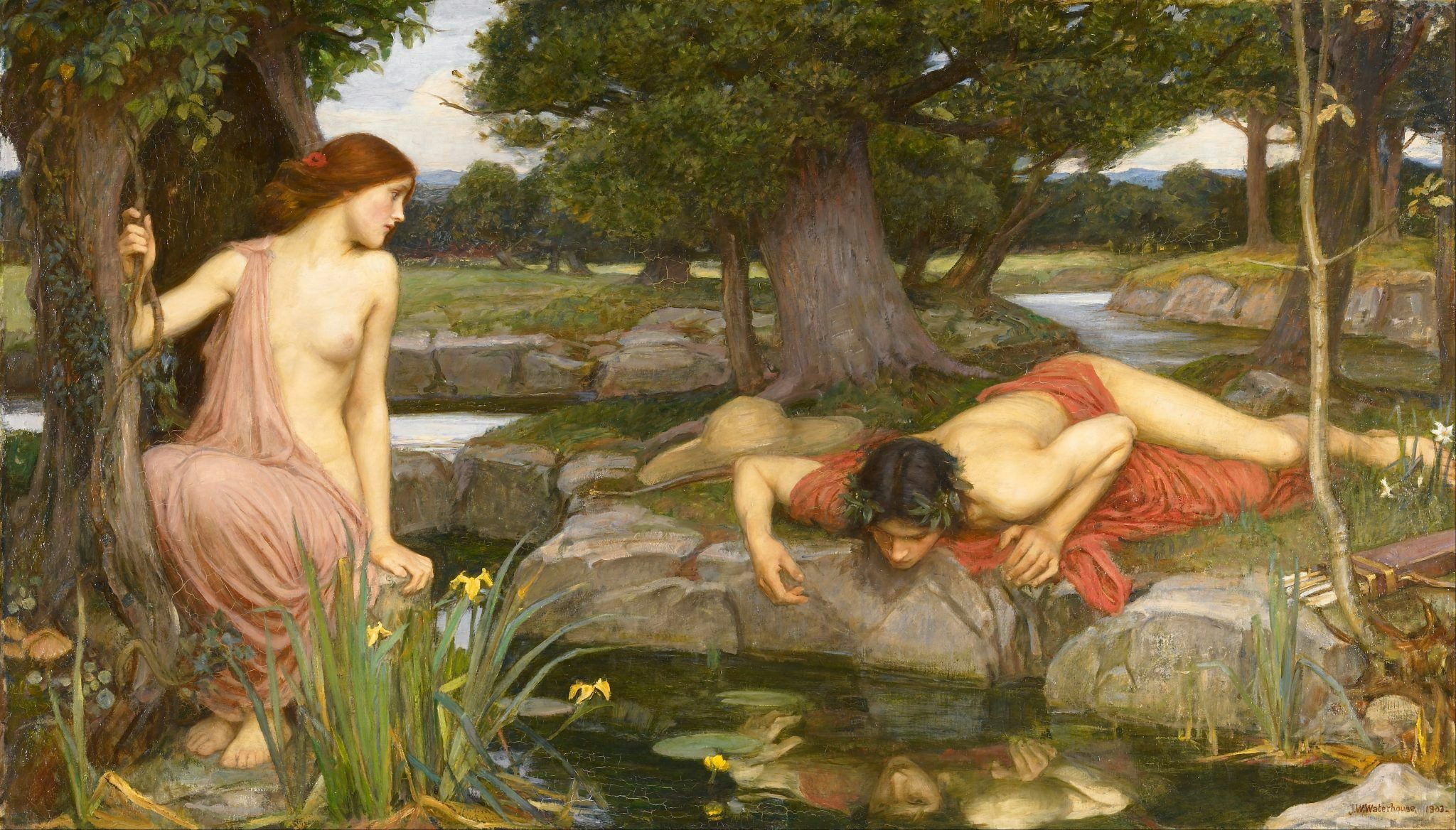Earlier this month senior executives from brands and agencies met at the China Connect forum in Paris to discuss the changing China economy. Radical transformations taking place in retail, digital, and cutting-edge media that are yet to be fully defined were a prominent part of the conversation.
Regarding retail, Jean-Baptiste Le Blan, General Manager China for omnichannel marketing platform SPLIO said, “We tend to say that a store is no longer a store, it’s really a story.” Challenging brands to rethink digital, Pete Lin, Managing Director of We Are Social, said, "You need to understand that your WeChat is more important than your website in China." And Paul Doherty, CEO of the Digit Group, said China is well positioned to become the Hollywood of AR, VR, and mixed reality.
Change also seems to be accelerating, with Laure de Carayon, the founder of China Connect, telling Jing Daily that, “Indeed, 'digital China 2018' is way more complex than 'digital China 2010' or even 'digital China 2015'.”
Below, we expound upon five of the most provocative ideas voiced at the event.
1.#
Yannick Bolloré, CEO of HAVAS GROUP#
French advertising and PR firm Havas opened its first office in China opened 32 years ago in Hong Kong. They now have more than 800 staff in China, and signed a partnership with Chinese advertising company GIMC, which has 6,500 people. CEO Yannick Bolloré was especially bullish on the automotive and entertainment industries in China.
“I’m very impressed by the Chinese success of the last three decades and I’m very bullish on the decades to come. Obviously, the automotive industry is the one I’m most bullish on. There are a lot of first buyers that will come on the market and also you will have the transition to the electric vehicle, and it’s going to be massive. I’m sure China will be one of the countries leading the way on clean energy powered vehicles.”
“Another industry related to the rise of the middle class and also GDP is the entertainment industry. Six months ago our sister company Universal Music signed a partnership with Tencent to launch a streaming service. All the entertainment industries — music, movies, tv series and video games — will continue to grow in the decade to come.”
2. Jade Zhou, Global Senior Partnership Manager at Meitu#
Meitu Inc's apps have been installed on 1.5 billion devices, and they've been increasingly successful in partnering with beauty brands. Jade Zhou, the Global Senior Partnership Manager at Meitu, laid out just how powerful their technology has become.
“We have a Meitu lab doing research on face recognition. We can recognize 118 points of someone’s face to make sure it’s really accurate. When you try on makeup virtually, you can even see the lashes precisely being placed on your face, and all the skin analysis is also AI-empowered."
3. Eric Chan, CEO of Secoo#
The average age of a luxury buyer is just 25 years old in China, and Secoo has found a way to reach young consumers far from the first tier cities of Shanghai and Beijing: on their mobile phones.
According to Eric Chan, CEO of Secoo, lower-tier cities is where Secoo is seeing the highest growth. “They don’t have a lot of products available in those cities. We’re providing that to them, and we have the door to door service. Particularly when they’re living in lower-tier cities, where there’s no shopping malls, there’s no brand presence there, it makes a lot of sense for them to go online.”
“Eighty-five percent of our sales are coming from the mobile app. Only about 10 percent are coming from .com, and less than 10 percent are coming from the experience centers. It’s about engaging the consumers and driving hem to go online.”
4. Curt Ferguson, President Coca-cola China and Korea#
The China and Korea President of FMCG giant Coca-cola, Curt Ferguson, reiterated what many who work in the region already know: “If you don’t like complexity it’s not the market for you. If you don’t like ambiguity, it’s not the market for you.”
He said, “To summarise the retail strategy, it’s quite frankly revolutionary. That’s where we’re going. It’s digital, it’s fast, it’s quick, it’s how to tie it all together. One of the coolest things we’re doing right now is trying to take our consumer experience and put it into the retail experience.”
That might sound typical of the buzz around omnichannel sales and Jack Ma's notion of New Retail, but Ferguson pointed out that their are limits to its applicability. Convenience stores, he said, is “the one segment that’s not really influenced by online.”
5. Jacob Nyborg, Head of Marketing at Maserati#
It's hard to imagine buying a Maserati on Amazon.com, but the luxury automakers have sold hundreds of cars on its China equivalent.
“When we launched our SUV, the Levante," Nyborg says, "100 Levantes sold in 18 seconds. That is unparalleled. That has never been seen in the history of Maserati. Five-hundred cars is a lot, since we started our relationship with Tmall, but we have to remember we still sell more than 15,000 a year.”
“Today China is our biggest market," he continued. "What I tend to profit a lot from being in China is to work with a younger audience that is slightly more playful than we find them in many other regions, and then, of course, the huge penetration of digital and also mobile.”



